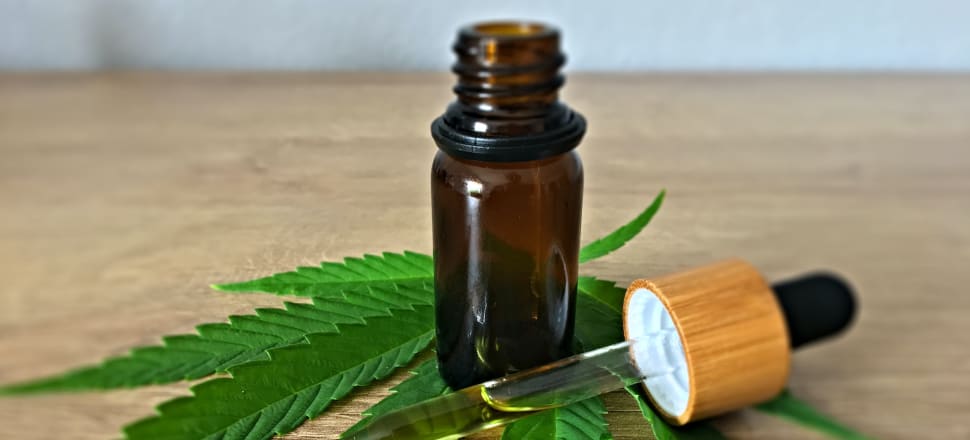
The committee advised against over-the-counter CBD sales, but Medsafe has now approved it
The Ministry of Health has gone against earlier advice of its Medicines Classification Committee and opted to allow cannabis products to be sold over the counter by pharmacists.
Earlier this week the Ministry’s medicine safety unit Medsafe reclassified cannabidiol (CBD) products from prescription only to a restricted medicine, meaning it could be sold by pharmacists.
The CBD compound, which naturally occurs in cannabis, doesn’t have psychoactive effects that produce a high, unlike the more commonly known THC.
READ MORE: * Over-the-counter cannabidiol sales turned down * Chlöe can’t count on cannabis this time * Workplace drug testing quagmire deepens
It is instead used to treat pain, stress, anxiety and sleep disorders, and can be sold at grocery stores and gas stations in other jurisdictions such as America and the United Kingdom.
It typically comes in a drop or capsule format but is also sold as gummy lollies and other novel forms including topical creams and bath bombs.
The move harmonises New Zealand with Australia, which approved over-the-counter sales of low-dose CBD in December 2020.
During a trans-Tasman harmonisation process in late last year, Medsafe’s Medicines Classification Committee recommended against the change, coming to an entirely different conclusion from the same evidence put in front of Australia’s Therapeutic Goods Administration in 2020.
A major point in the committee’s recommendation that no change be made was potential safety issues relating to drug-drug interactions with cannabidiol and the lack of an established long-term safety profile.
The move was controversial in that despite doing its review a full two years later than Australia, the committee didn’t incorporate any new information or research in making its decision.
At the time, Southern Medicinal executive director Greg Marshall said he was concerned by the reliance on older data to make a recommendation.
He said while leaning on resources from 2020 or earlier when reviewing an obscure drug with very little research might be okay, it wasn’t sufficient for cannabis, which has thousands of peer-reviewed research documents released every year.
Marshall said it was important that the best and most relevant data was used when making decisions, no matter the medicine or condition.
The committee reviewed low-dosage CBD again in May and came to a similar conclusion, recommending against down scheduling due to a lack of evidence.
Medsafe said the decision followed careful consideration of the risk-benefit profile of low-dose CBD and included consultation with healthcare professionals, industry, and the public.
“Those in the CBD industry have also previously signalled that a change in classification may allow more opportunities for research into the clinical efficacy and safety of CBD,” Medsafe said in a statement.
“Subsequently, this could create greater opportunities for the approval of low-dose CBD medicines.”
The change is unlikely to mean CBD products are available any time soon, with no CBD products currently approved in New Zealand.
Any products approved in the future with dosing instructions of less than 150 milligrams a day and not containing more than 4.5 grams of CBD will be able to be sold to adults 18 and over.







